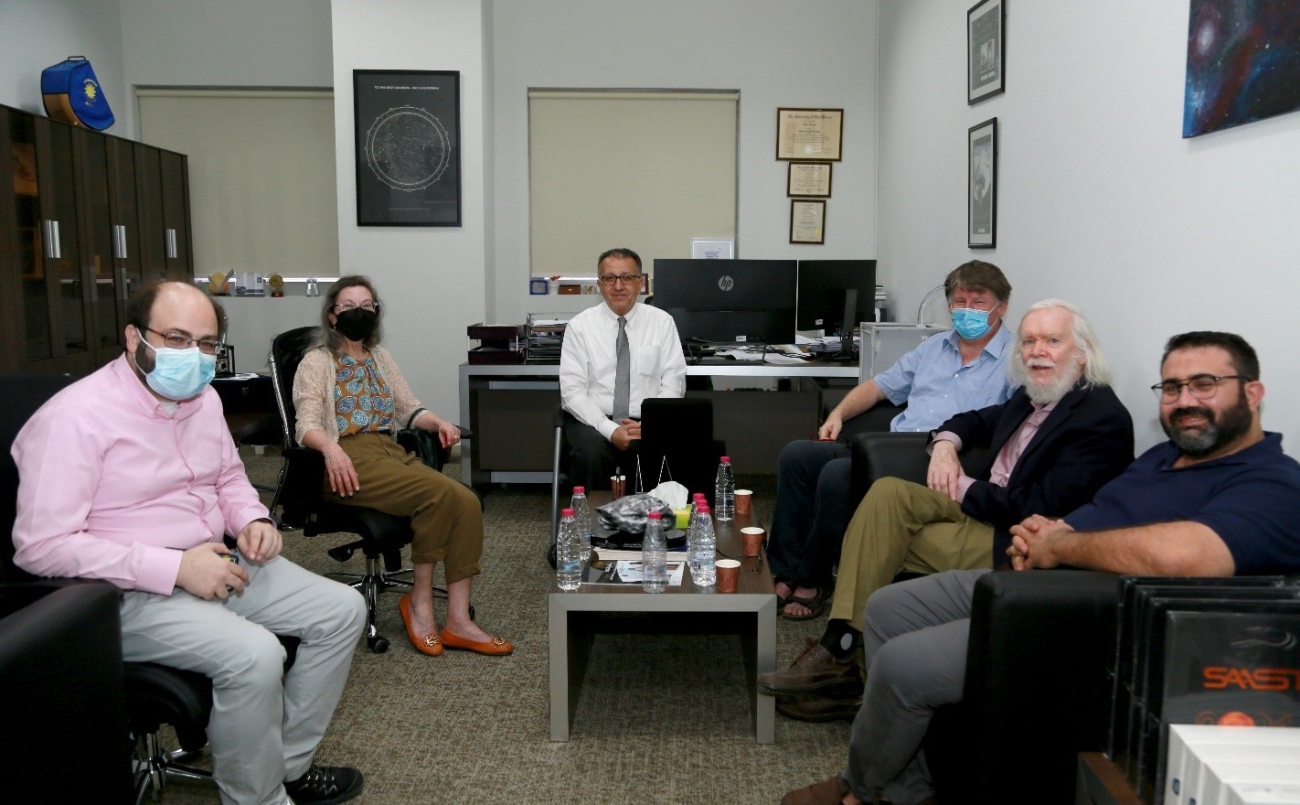focus on the phenomenological aspects of elementary particle physics and its connections with astrophysics, cosmology, and quantum gravity. Much of his work relates directly to interpreting the results of searches for new particles. For example, he was the first to study how the Higgs boson could be produced and discovered. He is currently very active in efforts to understand the Higgs particle discovered recently at CERN and its implications for possible new physics such as dark matter and supersymmetry. He also studies possible future particle accelerators, such as the Compact Linear Collider (CLIC) and future circular colliders. He is known for his relentless efforts to promote global collaboration in particle physics. John Ellis was awarded the Maxwell Medal (1982) and the Paul Dirac Prize (2005) by the Institute of Physics. He was elected Fellow of the Royal Society of London in 1985 and the Institute of Physics in 1991 and is an Honorary Fellow of King's College Cambridge and King's College London.
During his visit to SAASST, Prof. John talked about his current and future projects. Among these projects, we can list:
- Live isotopes and nearby supernova and kilonova explosions: https://arxiv.org/abs/2105.05178
- Atom interferometers for detecting dark matter and gravitational waves: https://arxiv.org/abs/1911.11755
- A possible space-borne atom interferometer experiment: https://arxiv.org/abs/1908.00802
- A potential roadmap for cold atom projects, including also clocks and Earth Observation: https://arxiv.org/abs/2201.07789
- A cold atom space experiment proposal to probe relativity, dark matter, and quantum mechanics.



